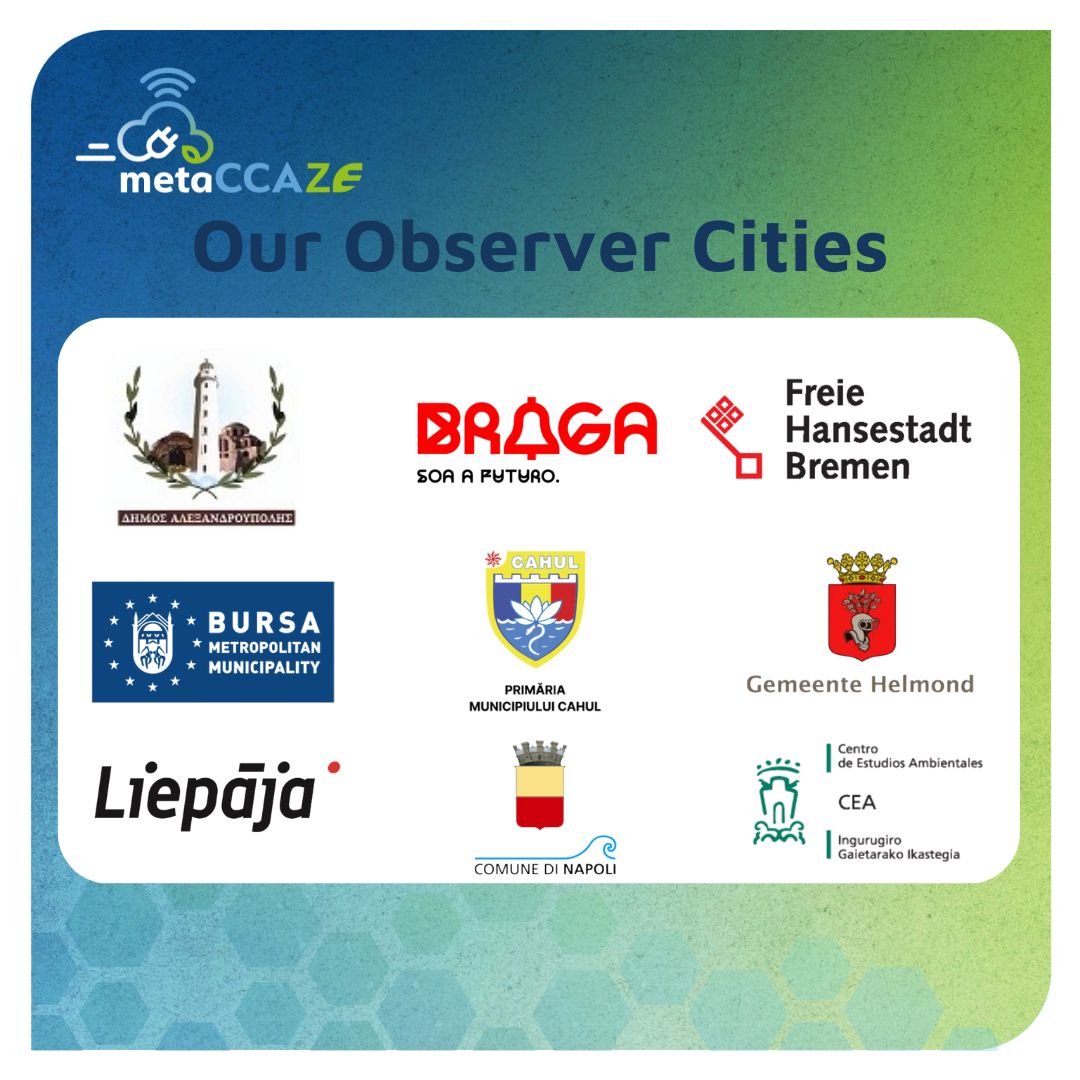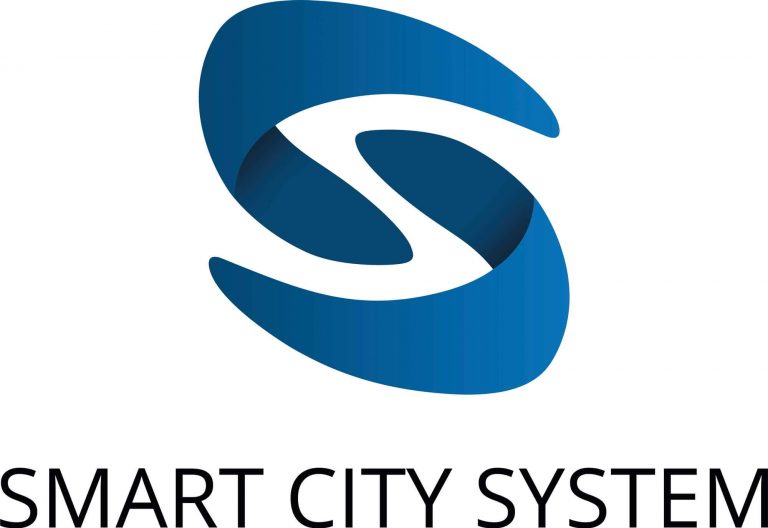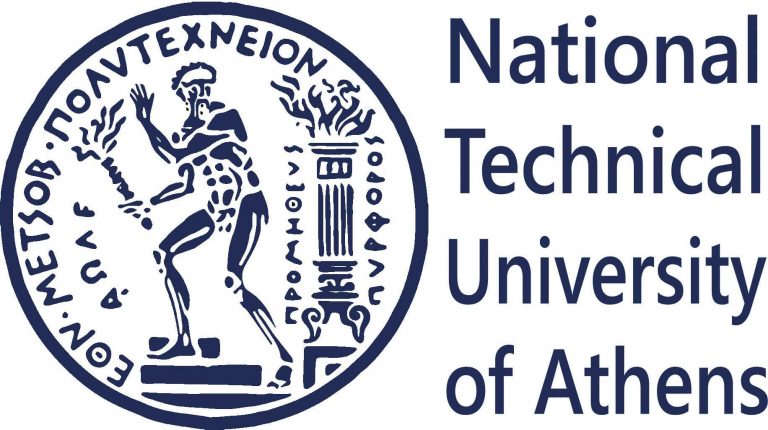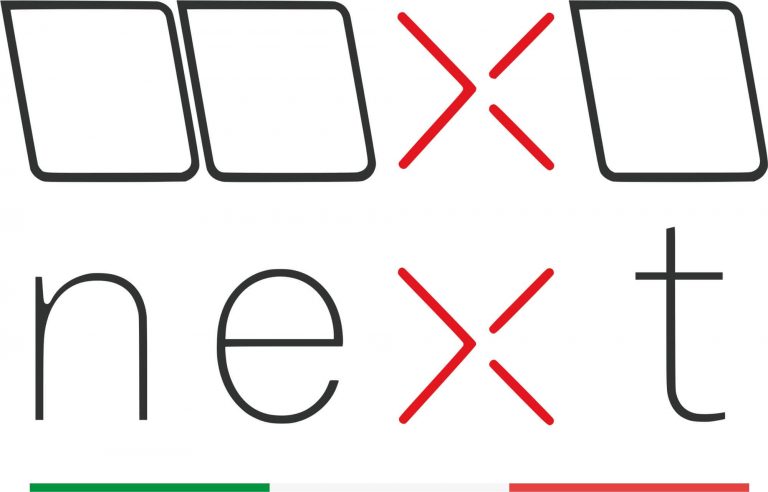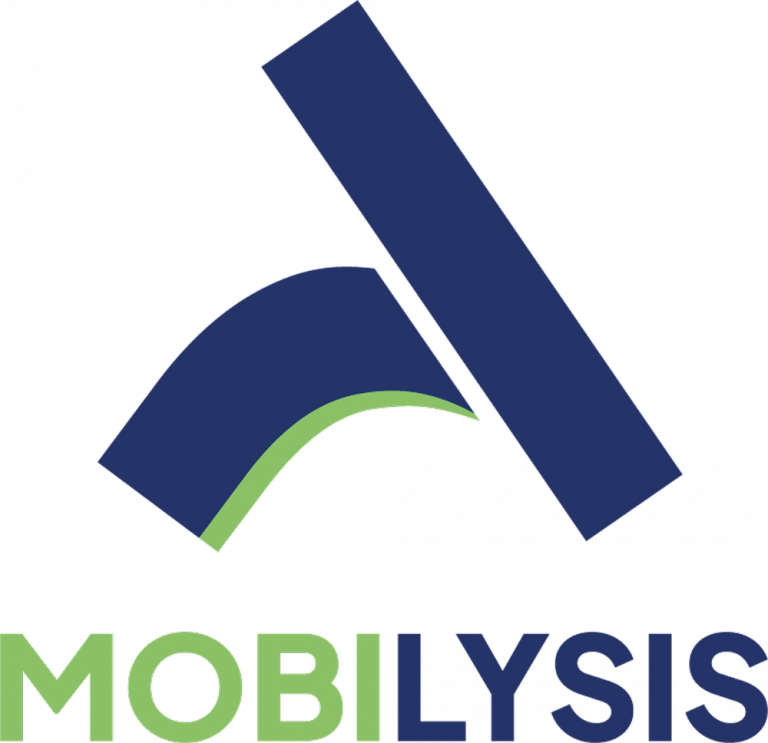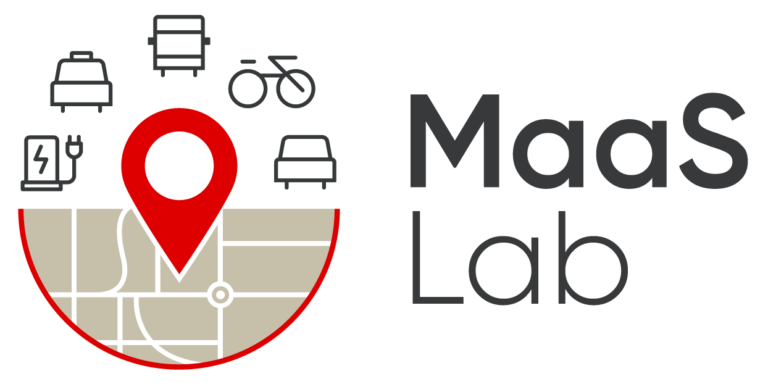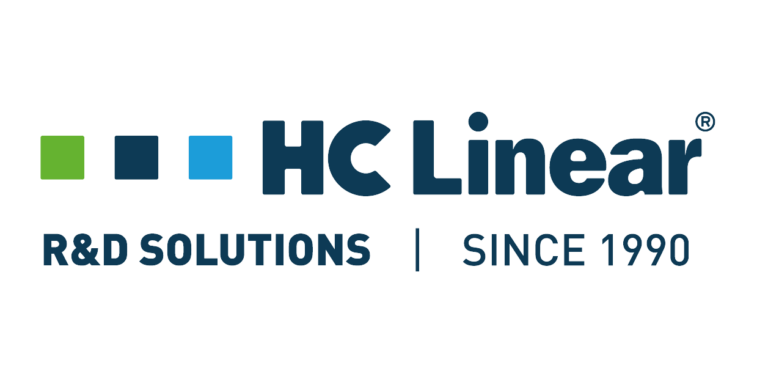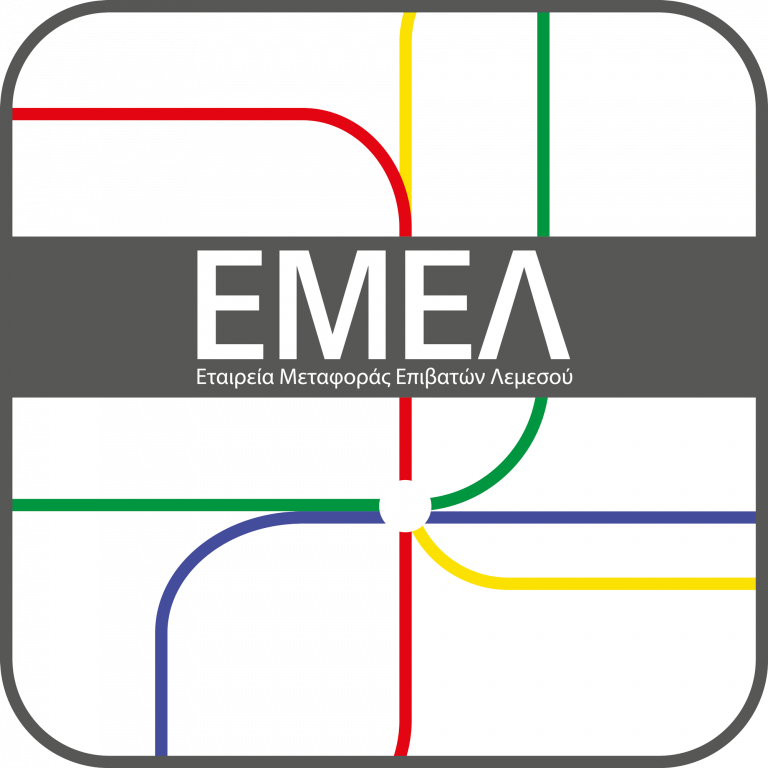The metaCCAZE project is opening a new chapter. Ten dynamic Observer Cities have joined the initiative, each bringing its own urban challenges, ambitions, and visions for a sustainable mobility future.
Selected via an open call in January 2025 from a competitive pool of applicants, these cities are not just observers—they are future implementers, ready to learn from Living Labs, exchange knowledge across borders, and adapt proven solutions to their local contexts.
A diverse group united by a shared mission
The group reflects Europe’s diversity: from large metropolitan areas grappling with congestion and pollution, to smaller cities eager to embrace smart and green transformations. Together they will shape Implementation Plans for at least one innovative solution tested within metaCCAZE, tackling issues such as financing, partnerships, technology, social inclusion, environmental impact, and regulation. Experts in urban planning, transport, finance, and stakeholder engagement will join from each municipality to make this collaboration possible and valuable.
- Alexandroupolis (Greece), a coastal city and crossroads between East and West, is striving to become a “15-minute city.” With modern bike infrastructure, a growing e-bus network, and smart pedestrian crossings already in place, its challenge lies in reducing car dependency while expanding sustainable transport options.
- Braga (Portugal), with its young population and strong digitalisation agenda, is working to reduce car dependence by strengthening public transport and last-mile logistics. Its citizens are already deeply involved in shaping the city’s mobility policies, making it a vibrant testing ground for smart and inclusive mobility.
- Bremen (Germany) is known as Germany’s cycling city, yet it also plays a key role in freight logistics and innovation in autonomous transport. The city is transitioning its bus fleet to electric, while also pioneering cargo bike logistics and testing automated container shuttles in Europe’s first “freight village.”
- Bucharest (Romania), home to nearly 1.8 million people, faces severe congestion, car dependency, and pollution. Its challenge is to improve public transport reliability, safety, and accessibility while expanding green spaces. Joining metaCCAZE offers the city pathways to accelerate its long-term shift towards cleaner and more equitable mobility.
- Bursa & Nilüfer (Türkiye), part of a rapidly growing metropolitan region, combine a rich industrial heritage with forward-looking sustainability ambitions. Their participation will focus on balancing rapid urbanisation, industrial logistics, and greener transport solutions.
- Cahul (Moldova), the largest city in its southern region, is actively building international partnerships to support its transformation. With sustainability high on its agenda, Cahul aims to reduce emissions and enhance the quality of life for its 23,000 residents by adopting innovative solutions scaled to smaller urban environments.
- Helmond (Netherlands) is a growing city with bold ambitions: to become climate neutral while building 15,000 new homes by 2040. It has long-standing experience in intelligent transport systems and connected mobility, and now seeks to integrate zero-emission solutions, shared automated services, and data-driven traffic management into daily life.
- Liepāja (Latvia), the 2027 European Capital of Culture, is already a frontrunner in emissions reduction, having cut nearly half since 2006. It is expanding smart traffic management, piloting self-driving minibuses, and strengthening its already strong cycling culture. With its Climate-Neutral Cities Mission label, Liepāja will use metaCCAZE to push even further.
- Naples (Italy) brings the complexity of a dense Mediterranean metropolis. Known for its rich history and vibrant culture, the city faces challenges with traffic, logistics, and air quality—issues it is determined to address through cleaner, more integrated urban mobility solutions.
- Vitoria-Gasteiz (Spain), a compact and walkable city, has already achieved a high share of sustainable transport modes. As part of both EU climate missions, its focus is now on further developing shared mobility, logistics hubs, and integrated mobility solutions that reinforce its role as a leader in urban sustainability.
From observing to implementing
The Observer Cities’ journey begins with site visits—first to Munich in September 2025, followed by Tampere, Limassol, Malta, and Miskolc. Here, they will explore the project’s Living Labs, witness demonstrations, and exchange experiences in workshops designed to spark replication ideas. Between 2026 and 2027, each city will develop an Implementation Plan that adapts metaCCAZE solutions to their local needs, ensuring that innovations are not only tested but also scaled across diverse contexts.
A collective step toward Europe’s mobility transition
While each Observer City faces unique conditions, their participation embodies a shared commitment to cleaner, smarter, and fairer urban mobility. Together, they represent the ripple effect metaCCAZE seeks to create: demonstrating, transferring, and embedding innovation across Europe to accelerate the transition toward climate-neutral and inclusive cities.
